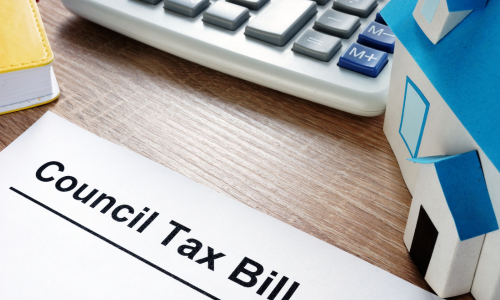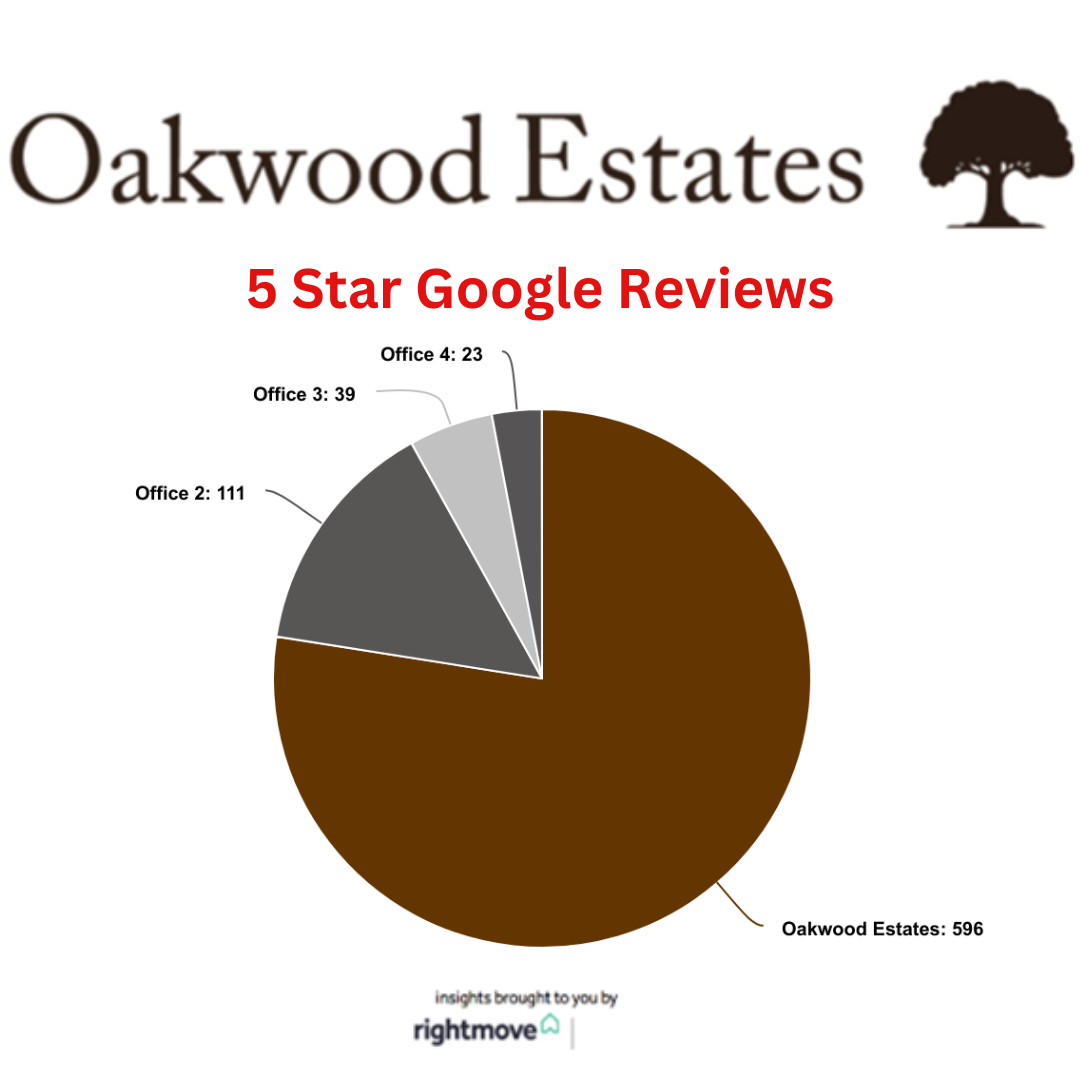Council tax bands are used in the United Kingdom to determine how much each household should pay in council tax. Paying your council tax bill is a legal obligation for residents in the United Kingdom, and failure to pay can result in serious consequences. Therefore, it is crucial for every homeowner and tenant to understand the calculation of council tax and the role of council tax bands. Let’s take a look at what council tax is, how it is calculated, and how to pay it.
What are council tax bands?
Council tax bands are categories used to assess the value of residential properties for the purpose of levying council tax. Each property is assigned to one of these bands, ranging from Band A (the lowest value) to Band H (the highest value). Your council tax band is determined by the market value of your property on a specific date. In England, it is based on what the value of your property was on April 1, 1991.
What is council tax used for?
Council tax revenue funds a wide range of public services and infrastructure that benefit residents in the area. Some of the key areas where council tax funds are typically allocated include:
- Local government services
- Education
- Social care
- Waste collection and recycling
- Transportation
- Public safety
- Parks and leisure facilities
- Housing services
- Emergency services
Different council tax bands and their costs
Here are the council tax ranges for England based on your property value*:
A: Up to £40,000
B: £40,000 - £52,000
C: £52,000 - £68,000
D: £68,000 - £88,000
E: £88,000 - £120,000
F: £120,000 - £160,000
G: £160,000 - £320,000
H: More than £320,000
Factors that affect council tax bands
When assigning a property to a council tax band in the United Kingdom, several factors are taken into consideration to determine its assessed value. One of these factors is the location of a property, as those situated in areas with higher property values or better amenities may be assigned to higher bands.
The size and type of the property, including the number of bedrooms, bathrooms, and overall floor space, are also taken into consideration. Larger properties, or those with additional features, such as garages or outbuildings, may be assigned to higher bands.
Additionally, the age and condition of the property can influence its assessed value. Older properties or those in need of significant repairs are typically assigned to lower bands, while newer or well-maintained properties may be assigned to higher bands. Any alterations or improvements made to the property since the valuation date may impact its assessed value and council tax band. Whether the property is used residentially or commercially may also increase its tax band.
Council tax for newer properties
Council tax on newer properties in the United Kingdom is calculated in a manner similar to that of older properties, but with some differences in the assessment process. For newer properties, the valuation date used to determine the council tax band is typically the date of completion. In some cases, comparable properties in the area may be considered to establish an appropriate valuation.
The quality of construction materials and finishes used in newer properties may contribute to their higher assessed value compared to older properties. Features such as high-quality fixtures, fittings, and construction techniques can impact the property's valuation. Properties built by reputable developers known for constructing high-quality homes in desirable locations may command higher market values, affecting their council tax bands.
Paying your council tax bill
Most people pay their council tax in 10 instalments over a 12-month period; however you can pay in fewer instalments or even in one annual lump sum if you wish. There are several ways to pay your council tax, including via direct debit, online payment, or telephone payment. If you prefer to pay by post, you can send a cheque payable to your local council along with the payment slip from your council tax bill. However you pay, make sure you allow enough time for the payment to reach the council before the due date.
There are severe consequences for failing to pay your council tax bill. Your local council may impose additional charges or penalties for late payment, and these charges can accumulate over time, increasing the amount you owe. If you continue to refuse or neglect to pay your council tax, the council may eventually apply for a committal warrant, leading to imprisonment in extreme cases.
If you are struggling to pay your council tax bill, you should openly communicate this with your local council. They may be able to offer support or assistance, such as setting up a payment plan based on your financial circumstances.
Looking for a new home? Contact our expert team of agents today






Share this with
Email
Facebook
Messenger
Twitter
Pinterest
LinkedIn
Copy this link